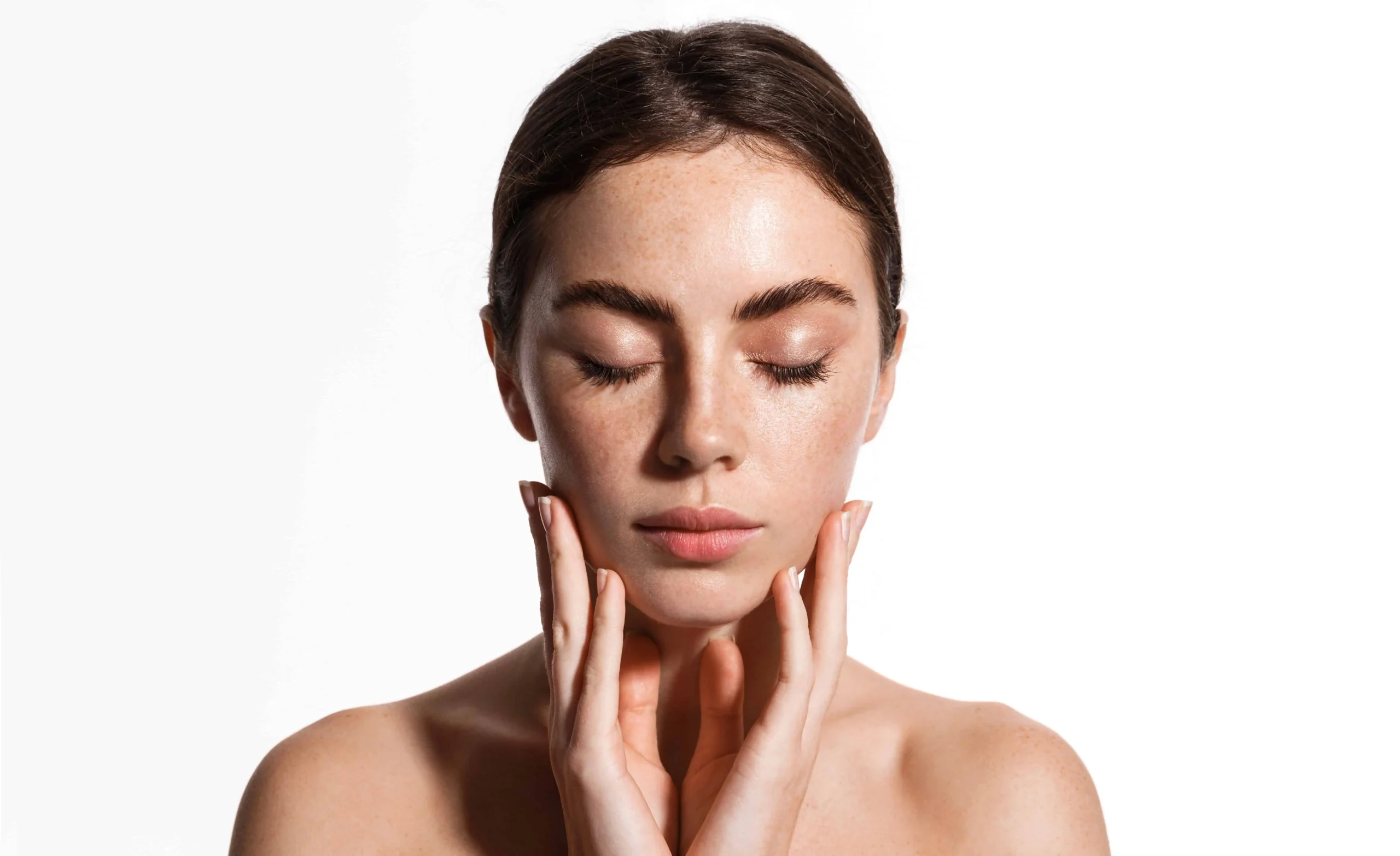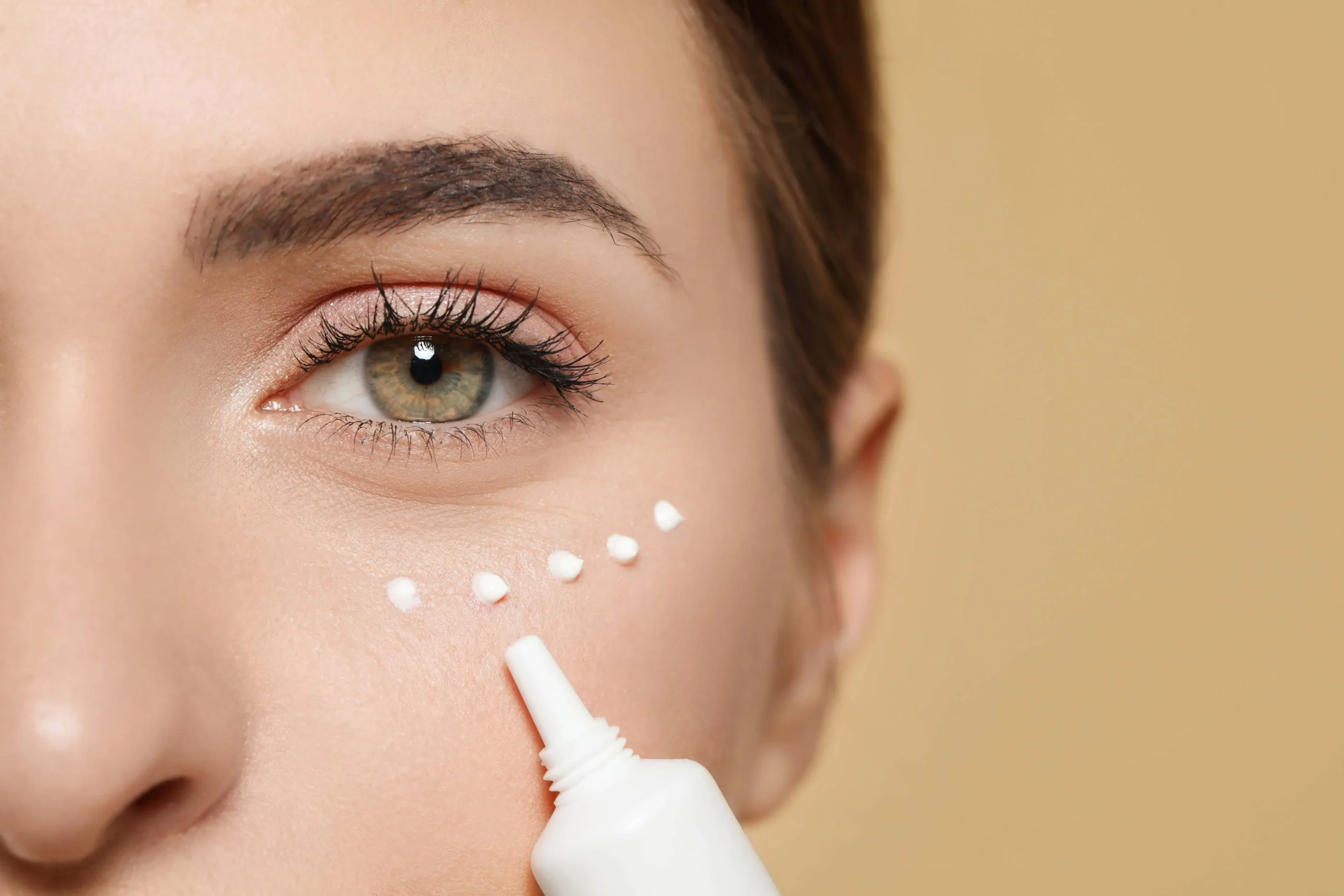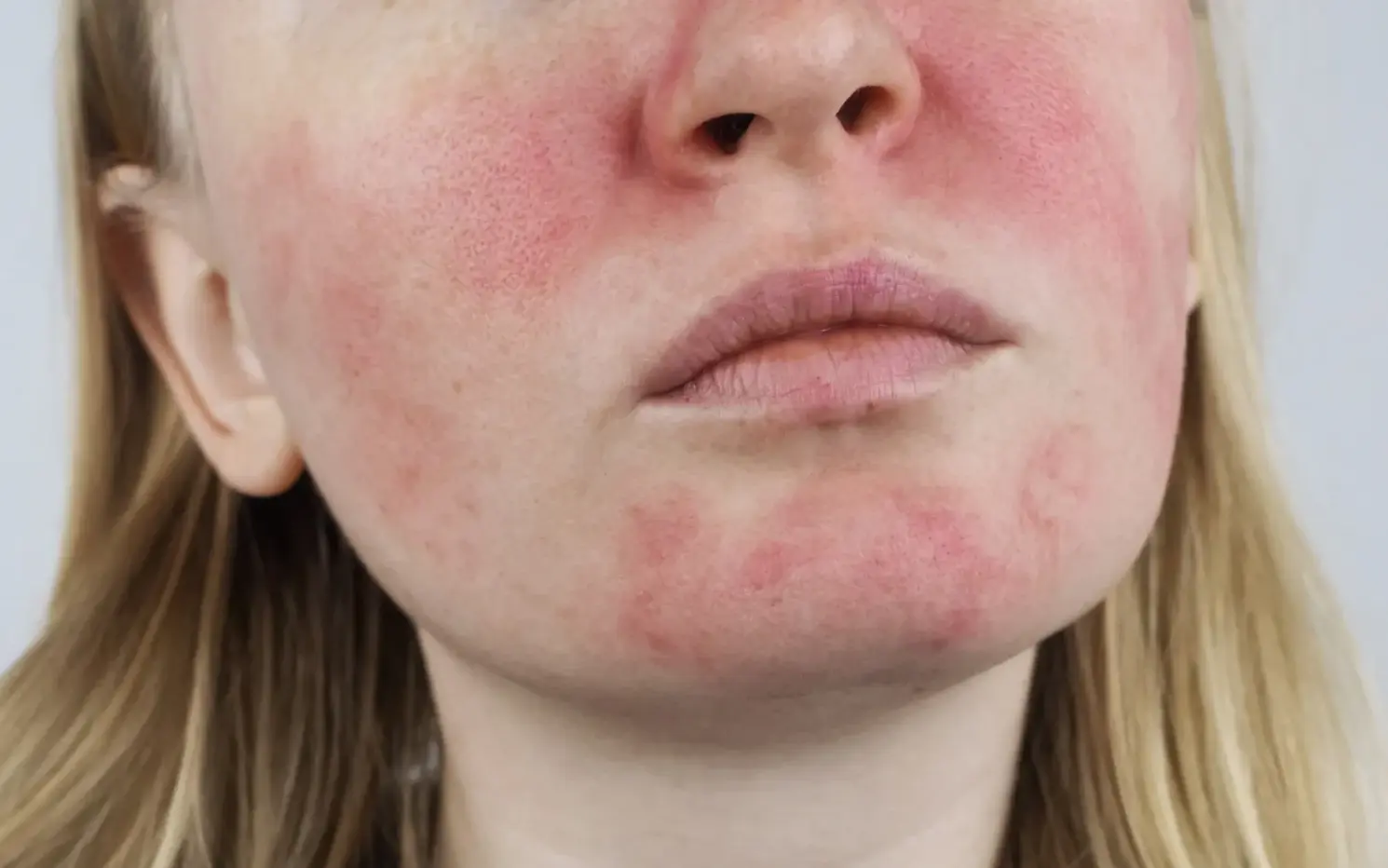Table of Contents
Thyroid disorders are more than just a health issue—they can also have noticeable effects on your skin. The thyroid gland, located at the base of your neck, produces hormones that regulate many bodily functions, including metabolism, energy levels, and temperature control. When your thyroid isn’t functioning properly, it can impact your skin in various ways. Let’s explore how thyroid disorders affect your skin and what you can do to manage these changes.
How Thyroid Disorders Impact Your Skin
- Dry and Itchy Skin: One of the common effects of thyroid dysfunction, particularly hypothyroidism (an underactive thyroid), is dry, itchy skin. When your thyroid isn’t producing enough hormones, your skin may lose moisture and become rough or flaky. This dryness can make your skin feel uncomfortable and irritated.
- Brittle Hair and Nails: Hypothyroidism can also affect the health of your hair and nails. You might notice that your hair becomes brittle, dry, and prone to breakage, or that your nails become weak and prone to splitting. This happens because your body isn’t getting the nutrients it needs to maintain healthy hair and nails.
- Puffy Face and Swelling: In some cases, hypothyroidism can cause fluid retention, leading to a puffy face and swelling, particularly around the eyes. This swelling can make your face look rounder and can contribute to a tired or bloated appearance.
- Skin Discoloration: Thyroid disorders can sometimes cause changes in skin pigmentation. You might notice areas of your skin becoming darker or more splotchy, a condition known as hyperpigmentation. This is more common in people with autoimmune thyroid disorders like Hashimoto’s thyroiditis.
- Increased Sensitivity: People with hyperthyroidism (an overactive thyroid) might experience increased skin sensitivity. This can manifest as redness, rashes, or hives. The increased metabolic rate associated with hyperthyroidism can make your skin more reactive to external factors.
Tips for Managing Thyroid-Related Skin Changes
- Moisturize Regularly: If you have dry skin due to hypothyroidism, it’s important to keep your skin moisturized. Use a rich, hydrating moisturizer daily to help lock in moisture and soothe dryness. Find products that contain key ingredients such as ceramides, hyaluronic acid, or shea butter.
- Avoid Hot Showers: Hot water can further dry out your skin. Opt for lukewarm showers and baths instead, and consider using gentle, moisturizing body washes. Avoid scrubbing your skin too hard, as this can exacerbate dryness and irritation.
- Eat a Balanced Diet: A healthy diet can support thyroid function and overall skin health. Ensure your diet contains foods rich in essential vitamins and minerals, including fruits, vegetables, whole grains, and lean proteins. For thyroid health, consider incorporating iodine-rich foods like seafood and dairy products.
- Consult Your Doctor: If you notice significant changes in your skin or if you have symptoms of a thyroid disorder, it’s important to consult your healthcare provider. Proper diagnosis and treatment of thyroid issues can help manage skin symptoms and improve your overall well-being.
- Use Gentle Skincare Products: Opt for skincare products that are gentle and free from harsh chemicals, which can further irritate sensitive skin. Fragrance-free and hypoallergenic products are often a good choice for those with thyroid-related skin issues.
- Stay Hydrated: Drinking plenty of water helps maintain skin hydration and supports overall health. Aim for at least eight glasses of water a day, and consider drinking herbal teas or using a humidifier in dry environments to boost skin moisture.
- Protect Your Skin: If you have thyroid-related skin issues, protecting your skin from environmental damage is crucial. Use sunscreen daily to shield your skin from UV rays, which can worsen skin discoloration and sensitivity.
Cons of Thyroid Disorders on Skin Health
- Persistent Dryness: Dry skin resulting from hypothyroidism can be persistent and challenging to manage. It often requires ongoing moisturizing and special attention to skincare routines.
- Potential for Skin Infections: Dry and cracked skin can increase the risk of infections. It’s important to keep skin well-moisturized and to address any cuts or abrasions promptly.
- Cosmetic Concerns: Skin changes like puffiness, discoloration, and brittle hair can affect self-esteem and confidence. Managing these symptoms often requires a combination of medical treatment and skincare adjustments.
- Increased Sensitivity: For those with hyperthyroidism, increased skin sensitivity can lead to frequent rashes or hives, making it difficult to find suitable skincare products.
In Conclusion
Thyroid disorders can have a significant impact on your skin, but understanding these effects and taking proactive steps can help manage symptoms and maintain healthy skin. From moisturizing and protecting your skin to consulting with your doctor, addressing thyroid-related skin changes involves a combination of proper skincare and medical care. By staying informed and proactive, you can navigate the challenges of thyroid disorders and keep your skin looking and feeling its best.





